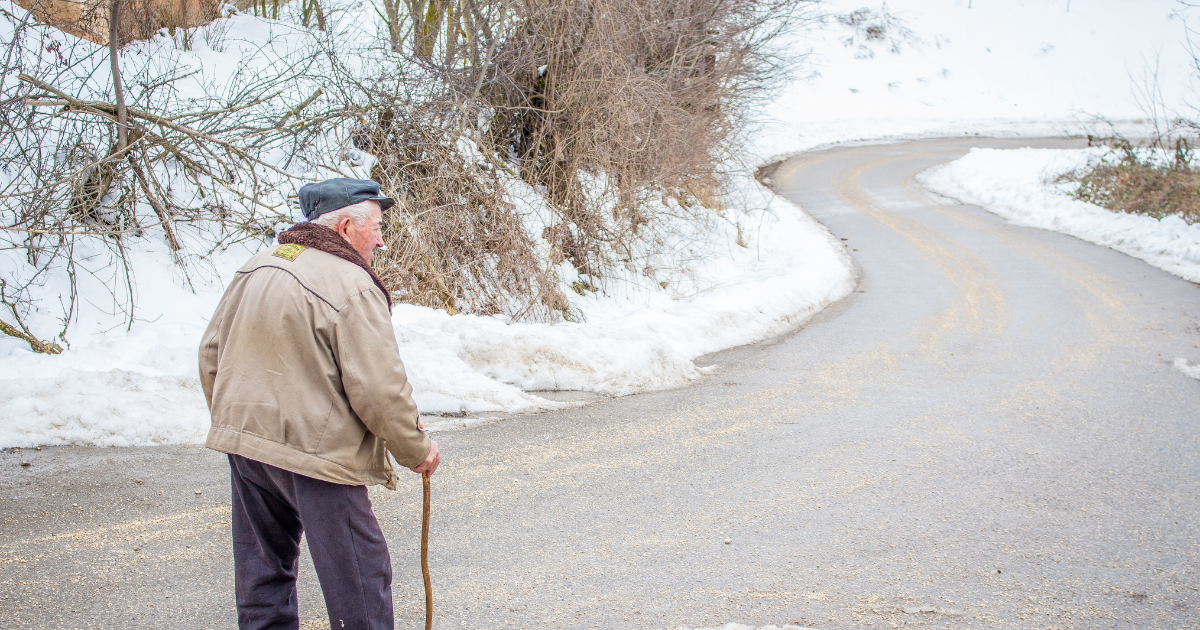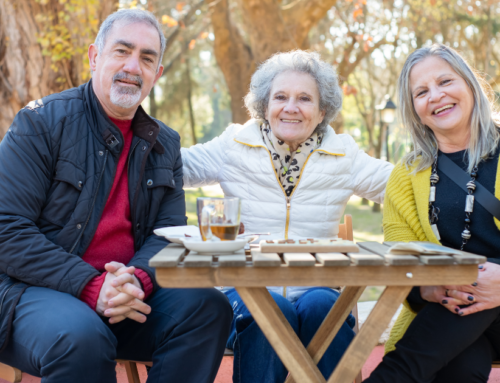How Temperature Can Affect Seniors’ Immune Response
The Pacific Northwest is renowned for its breathtaking landscapes, thriving communities, and diverse weather patterns. This region is also home to a significant population of seniors who enjoy the unique lifestyle it offers. However, a recent study reveals that even the picturesque Pacific Northwest isn’t immune to the potentially chilling effects of colder temperatures on seniors’ immune responses.
The Human Body’s Defense System
Our immune system is a remarkable shield, protecting us against countless threats. However, it’s not as robust under extreme weather conditions, especially cold temperatures. New research has demonstrated that a mere drop of 9 degrees Fahrenheit in the tissue temperature of the nasal passages can have a significant impact on our immune response.
The Research Findings on Temperature Changes
According to this new research, a decrease of just 9 degrees Fahrenheit in the tissue temperature of the nasal passages cut the number of extracellular vesicles (EVs) available to respond to a threat by more than 40%. EVs are essential components of the immune system, as they transport important information and substances between cells to coordinate a defensive response.
In addition to diminishing the number of EVs, the colder temperature also caused changes to the composition of these vesicles. These changes, while still not entirely understood, have been shown to reduce the efficacy of the immune response.
So, how does this newfound knowledge impact seniors in the Pacific Northwest, a region known for its diverse climatic conditions?
Seniors in the Pacific Northwest
The Pacific Northwest’s weather is anything but predictable. This region can see a wide range of temperatures, from mild and pleasant to chilly and damp. It’s not uncommon for winter temperatures to drop significantly, which could have an adverse effect on seniors.
Seniors often have slightly weaker immune systems due to the natural aging process. Combine this with the challenges posed by colder temperatures, and their ability to fend off threats becomes even more compromised.
The Pacific Northwest winters, especially in areas like Eastern Washington and Northern Idaho, can get particularly cold. As a result, seniors in these areas may be more vulnerable to infections and illnesses due to their compromised immune responses.
How Family Resource Home Care Can Help
Family Resource Home Care is committed to ensuring that seniors in the Pacific Northwest receive the support they need, regardless of the weather. With multiple locations across Oregon, Washington, and Idaho, we are well-versed in the specific challenges posed by the region’s climate.
Our dedicated and qualified caregivers are here to provide assistance, offering a range of services to seniors in need. In colder months, our caregivers can help take precautions to mitigate the effects of colder temperatures, especially for those living in areas prone to more severe weather.
Services we offer include:
- Companionship and Monitoring: During cold spells, seniors may experience feelings of isolation or depression. Our caregivers offer companionship and emotional support, ensuring that seniors remain engaged and motivated.
- Home Safety: Colder temperatures may lead to slippery sidewalks or icy driveways. Our caregivers can assist with maintaining a safe living environment by keeping paths clear and monitoring for potential hazards.
- Medication Management: Seniors with weakened immune systems may require more meticulous medication management. Our caregivers are trained to ensure that medications are taken on time and in the correct dosages.
- Transportation Services: In cold or inclement weather, seniors may find it challenging to attend important medical appointments. Our caregivers can provide transportation, ensuring that seniors make it to their check-ups and receive the necessary care.
- Nutrition and Meal Preparation: Proper nutrition is crucial for maintaining a strong immune system. Our caregivers can prepare balanced meals and monitor dietary needs to keep seniors healthy.
The new research findings concerning the impact of colder temperatures on our immune responses are particularly relevant for those living in the Pacific Northwest. The region’s diverse climate, with its fair share of cold days, can pose challenges for seniors, and we are here to be a resource.
With locations across Oregon, Washington, and Idaho, we are well-prepared to support seniors through these challenges. Our qualified caregivers can help seniors stay safe and healthy, regardless of the weather, ensuring they continue to enjoy the beauty and lifestyle of the Pacific Northwest.
Sources:
New study links nose temperature and immune response
Scientists Finally Figure Out Why You’re More Likely to Get Sick in Cold Weather






